
An Edible History of Sex and the City
Author Jennifer Armstrong discusses the lasting cultural significance of Sex and the City on the food scene, in New York and beyond.

Author Jennifer Armstrong discusses the lasting cultural significance of Sex and the City on the food scene, in New York and beyond.
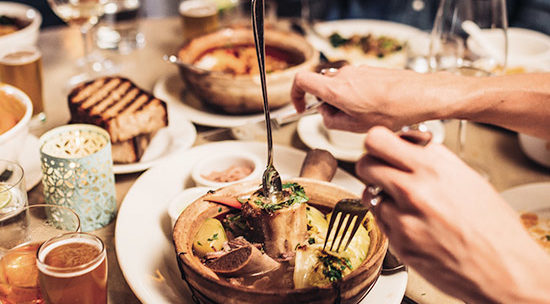
A concise history of how humans have come to share their opinions on food, from French writers and Michelin inspectors to the modern Yelper.
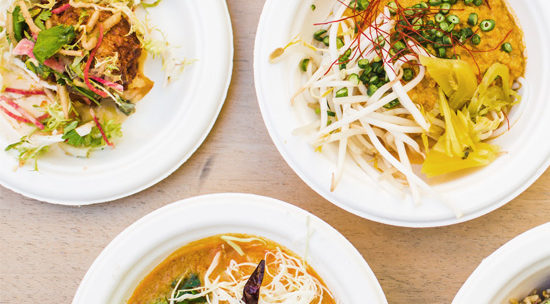
Angus Dillon and critic Jonathan Gold discuss the founding and future of The Los Angeles Times’ Food Bowl and its role in the city’s culinary community.

Through sharing language and food with kids, a conversation can be had about cultural identity, conservation, and the continuation of tradition regardless of place.
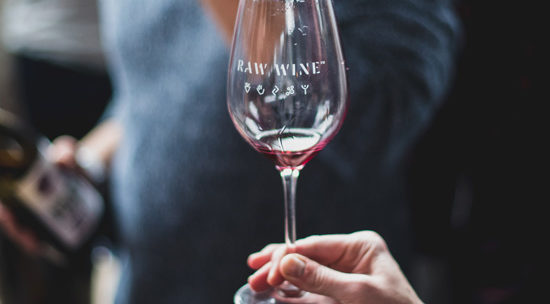
In the wine industry, debate over the value and quality of the category known as “natural wine” comes with opinions from all positions.

Words express the philosophy of the restaurant, the support of the team, the respect of both guest and staff. General Manager Katie Bell shares her experience with the importance of language in hospitality life.

The idea of terroir is an evolving one in today’s food industry. Contributor Carly DeFilippo explores what it means to have a sense of place when it comes to the palate.
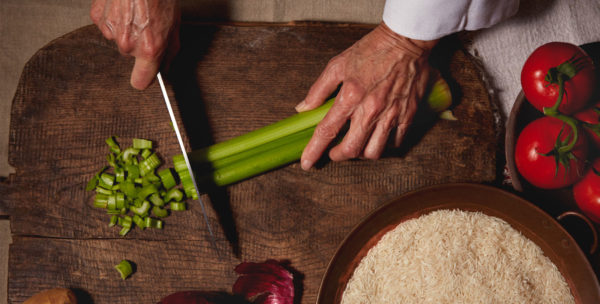
Throughout history, countless figures have contributed to shaping the culinary landscape we enjoy today—but only a handful get the credit.
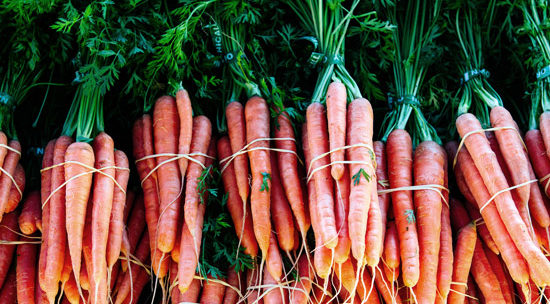
In the United States, the disparity between communities with access to fresh, healthy food is substantial; real change will require education to empower consumers, and to change buying patterns.

In Lebanon, filmmaker and Life & Thyme contributor Marco Bollinger discovers a city of displaced Syrians intent on preserving their traditions.

Katie Bell, General Manager of New York City's Agern restaurant, recounts the industry response and recovery from an unexpected disaster.

As the food world evolves, our perception of the individuals who dedicate themselves to the hospitality industry should too.

Literary history has long been intertwined with imbibing. Contributor Nicole Gulotta examines the good, the bad and the misguided outcomes of some of the world’s most famous writers.
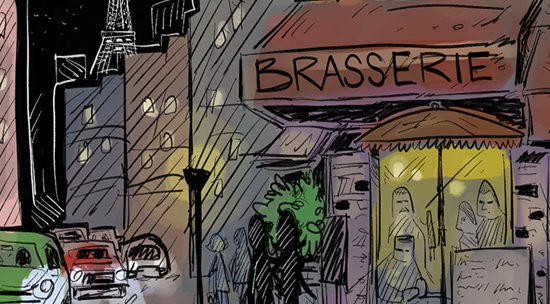
In France, service style may seem unorthodox to some, but the culture is commonly accepted in a country with high reverence for its cuisine.
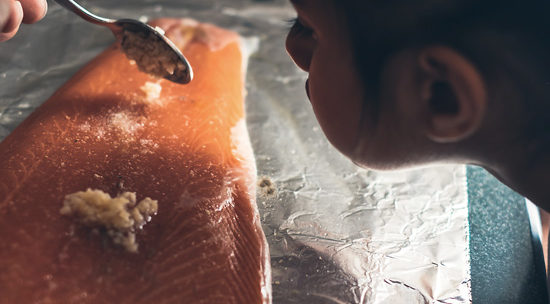
In her most recent column, Bone Deep, contributor Deepi Ahluwalia examines how our appreciation of flavors—and our acceptance of one another—can evolve.